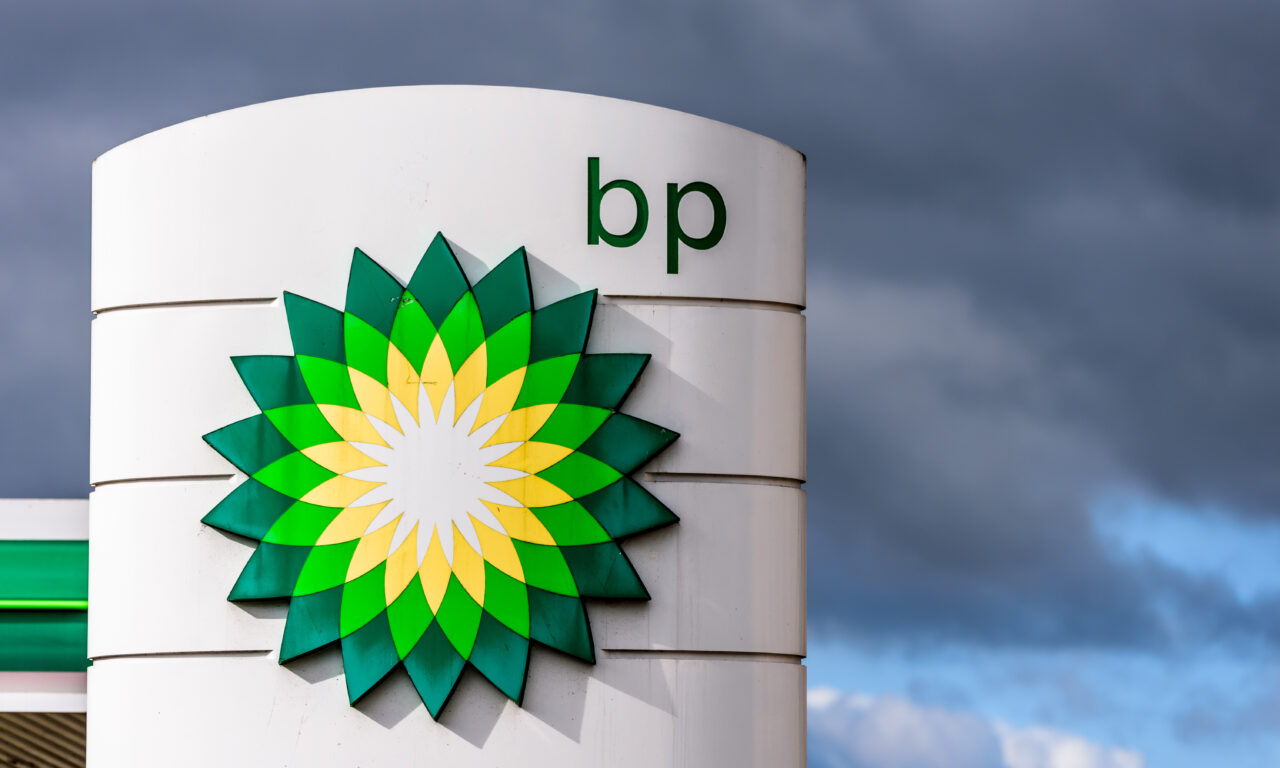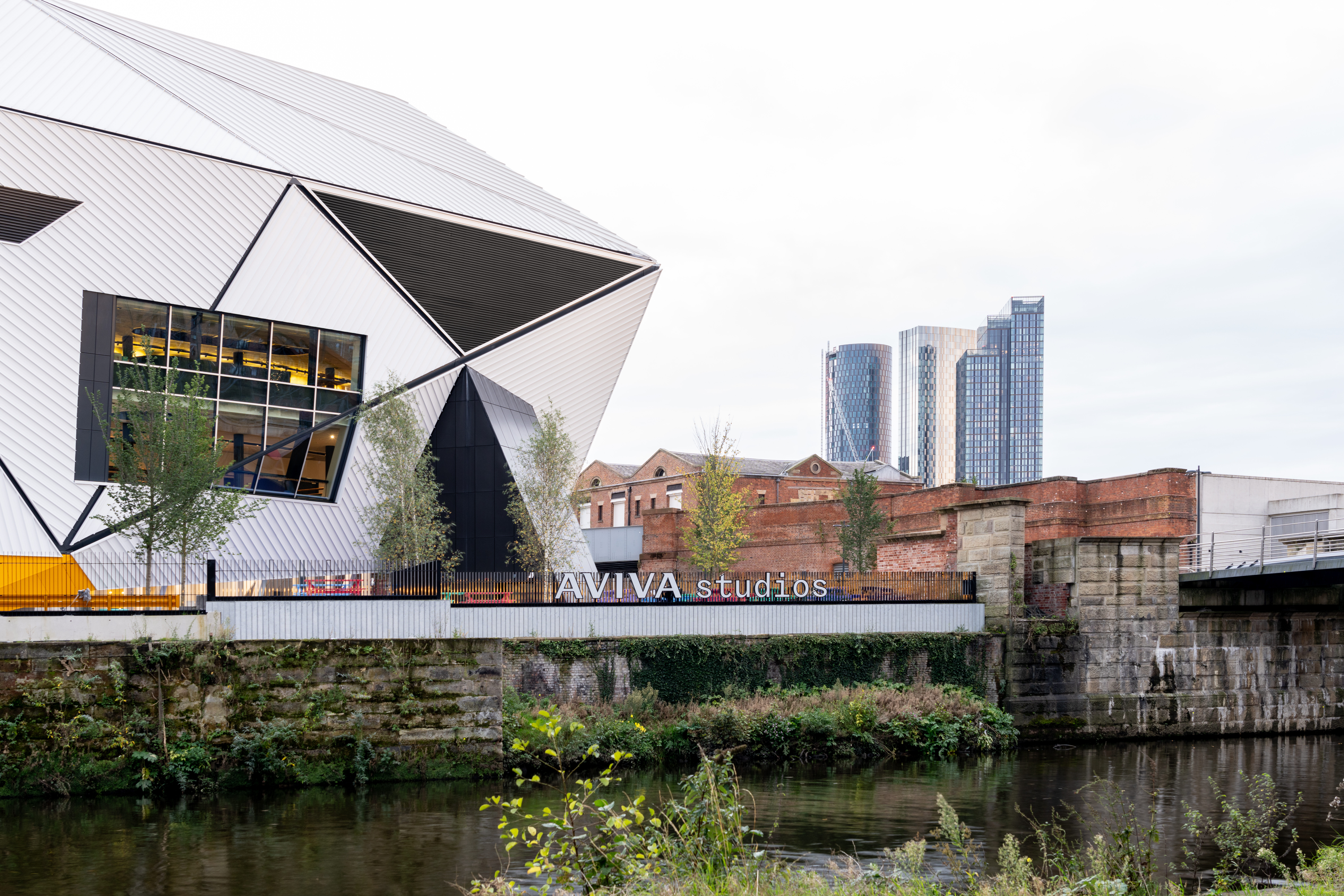BP’s Sponsorship Missteps: Authenticity Matters

The recent termination of the 27-year-long sponsorship agreement between BP and the British Museum has sparked conversations about the true intentions behind corporate sponsorships in the art world. BP's involvement in various art sponsorships has not been without controversy, with protests and criticism calling into question the authenticity of the company's motives. In this article we explore the consequences of superficial attempts to gloss over a company's negative impacts on society through sponsorships, emphasising the importance of genuine engagement and positive change.
BP's Art Sponsorships and Protests
Over the years, BP's art sponsorships have included high-profile events and institutions, including the TATE galleries, the British Museum, and the National Portrait Gallery, among others. While these sponsorships provided significant financial support to the art world, they also attracted strong opposition from activists, artists, and concerned citizens.
Protesters argued that BP's involvement in the arts was an attempt to "greenwash" its image and distract from its environmentally harmful practices. They highlighted the contradiction between BP's sponsorship of cultural events and its contribution to climate change, oil spills, and other negative environmental impacts. These demonstrations made it clear that audiences were not easily swayed by superficial acts of goodwill.
Spotting Inauthenticity
Audiences today are more discerning than ever before. With access to vast amounts of information and a heightened awareness of corporate responsibility, they can spot inauthenticity from a mile away. Superficial attempts to use sponsorships as a mere PR tool to cover up negative impacts on society are destined to fail.
The rise of social media has empowered audiences to voice their concerns and hold companies accountable. They expect transparency, authenticity, and a genuine commitment to positive change. Sponsorships are no longer enough on their own; companies must demonstrate sincere dedication to making a difference and mitigating their negative impacts.
Shifting Towards Authentic Engagement
For companies like BP, engaging in sponsorships designed to address the very problems they contribute to is crucial. Instead of using art sponsorships as a fig leaf to obscure their harmful practices, companies should focus on supporting events and initiatives that actively work towards solving the issues they are associated with.
By sponsoring initiatives related to renewable energy, climate change mitigation, or environmental conservation, BP could demonstrate a genuine commitment to positive change. Engaging audiences in events and causes that align with the company's efforts to rectify its negative impact would lend authenticity to its sponsorship endeavours. This is the approach Ford took by supporting Ride London to highlight their campaign encouraging Londoners to walk or cycle short journeys. You can read more about that partnership here.
Authenticity Breeds Connection
Authentic engagement with audiences not only helps restore a company's reputation but also builds a stronger connection with the public. When companies genuinely address the problems they are linked to, they gain credibility and trust. Such a genuine approach resonates with audiences, who are more likely to support and appreciate efforts that are transparent and sincere.
Moreover, supporting initiatives that aim to solve societal problems aligns with the growing expectations of consumers who prefer companies that actively contribute to a better world. BP and other companies facing criticism should seize the opportunity to turn the tide by focusing on initiatives that drive positive change rather than trying to camouflage their negative impact.
Final thoughts…
The end of BP's long-standing sponsorship agreement with the British Museum serves as a poignant reminder that superficial attempts to use sponsorships to cover up negative impacts are ineffective. In an era of increasing corporate accountability, audiences demand authentic engagement and positive change from companies. It is essential for companies like BP to shift their focus towards sponsoring events that genuinely tackle the problems they are associated with. Only then can they regain trust and demonstrate a sincere commitment to making a difference in society.









